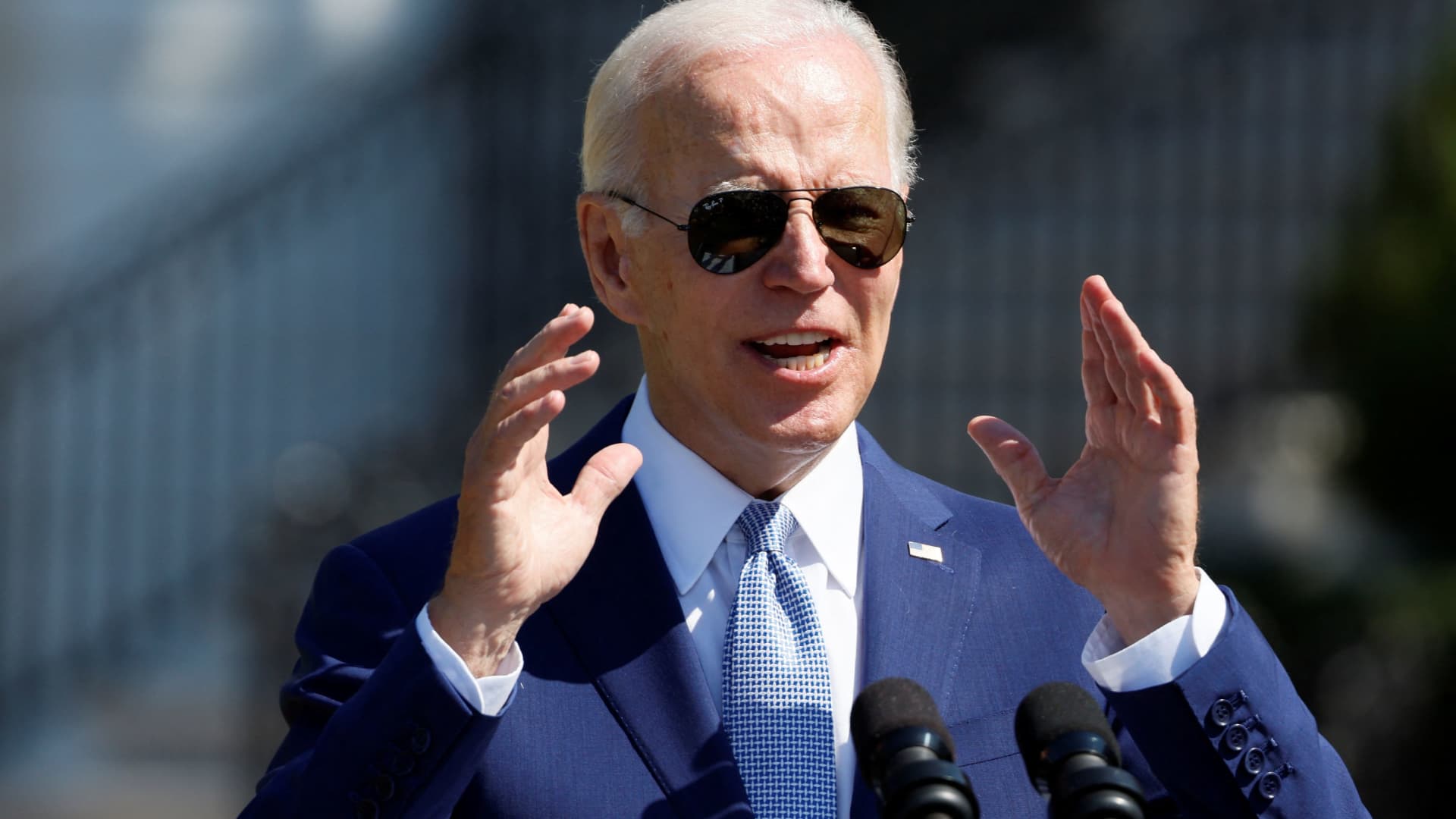President Joe Biden Thursday praised progress made in the manufacturing sector weeks after the passage of the Chips and Science Act, which invested billions of dollars in domestic semiconductor manufacturing.
The president’s remarks came after Idaho-based microchip manufacturer Micron announced plans Thursday to invest approximately $15 billion over the next decade in a new memory manufacturing facility in Boise.
The lab, which is the first of its kind built in America in over 20 years, is projected to create 17,000 new American jobs by the end of 2032, according to the company.
“Today’s announcement by Micron is another big win for America,” Biden said in a statement.
Micron President and CEO Sanjay Mehrotra thanked the Biden administration and members of Congress for bipartisan support of the CHIPS Act “which made this investment decision possible.”
“This is the first of Micron’s multiple planned U.S. investments following the passage of the CHIPS and Science Act, and represents the largest private investment ever made in Idaho,” Mehrotra said in a statement. “Our new leading-edge memory manufacturing fab will fuel U.S. technology leadership, ensuring a reliable domestic supply of semiconductors that is critical to economic and national security.”
Over $52 billion was allotted to U.S. companies producing computer chips under the act, along with billions in tax credits to spur investments in semiconductor manufacturing to enable the U.S. to compete with East Asia. The region accounts for 75% of global production of semiconductors.
Biden signed the CHIPS Act into law in early August.
Micron first announced a $40 billion investment in memory chip manufacturing at that time. The investment, said the White House, will create 40,000 new jobs in construction and manufacturing and raise the U.S. market share of memory chip production from less than 2% to up to 10% over the next 10 years.
In his statement Thursday, Biden also mentioned similar growth projections from manufacturing companies First Solar, Toyota, Honda and Corning over the past week.
The announcements are a “direct result of my economic plan,” he said.
Solar power company First Solar announced $1.2 billion in developments Tuesday, including a new factory in the southeastern part of the country and an expansion of its Northwest Ohio manufacturing footprint. The investments will add at least 850 new manufacturing jobs with the additional goal of supporting over 15,000 jobs by 2025, according to a press release.
Vehicle manufacturers Toyota and Honda revealed a respective $2.5 billion additional investment in Toyota’s North American battery manufacturing facility and a $4.4 billion joint venture with LG Energy Solutions to manufacture lithium-ion batteries in the U.S. that will power Honda and Acura EV models for the domestic market.
Toyota’s new venture will add 350 jobs, bringing total employment to approximately 2,100, according to a statement. A representative for Honda did not respond to a request for comment before publication.
Corning, a New York-based advanced optics manufacturer, said Tuesday it is partnering with AT&T in a new optical cable manufacturing facility in Arizona. The facility will bring approximately 250 jobs to the area and is expected to open in 2024, according to a press release.
“In our future, we will make EVs, chips, fiber optics, and other critical components here in America, and we will have an economy built from the bottom up and middle out,” Biden said Thursday.
The economy has added 3.3 million jobs this year as the unemployment rate has fallen to 3.5%, tied for the lowest since 1969. For August, payrolls growth is expected to rise by 318,000 after growing by 528,000 in July.
However, Federal Reserve officials have warned that their intentions to continue raising interest rates to combat inflation could raise the level of unemployment in the months ahead.
— CNBC’s Jeff Cox contributed to this article.
